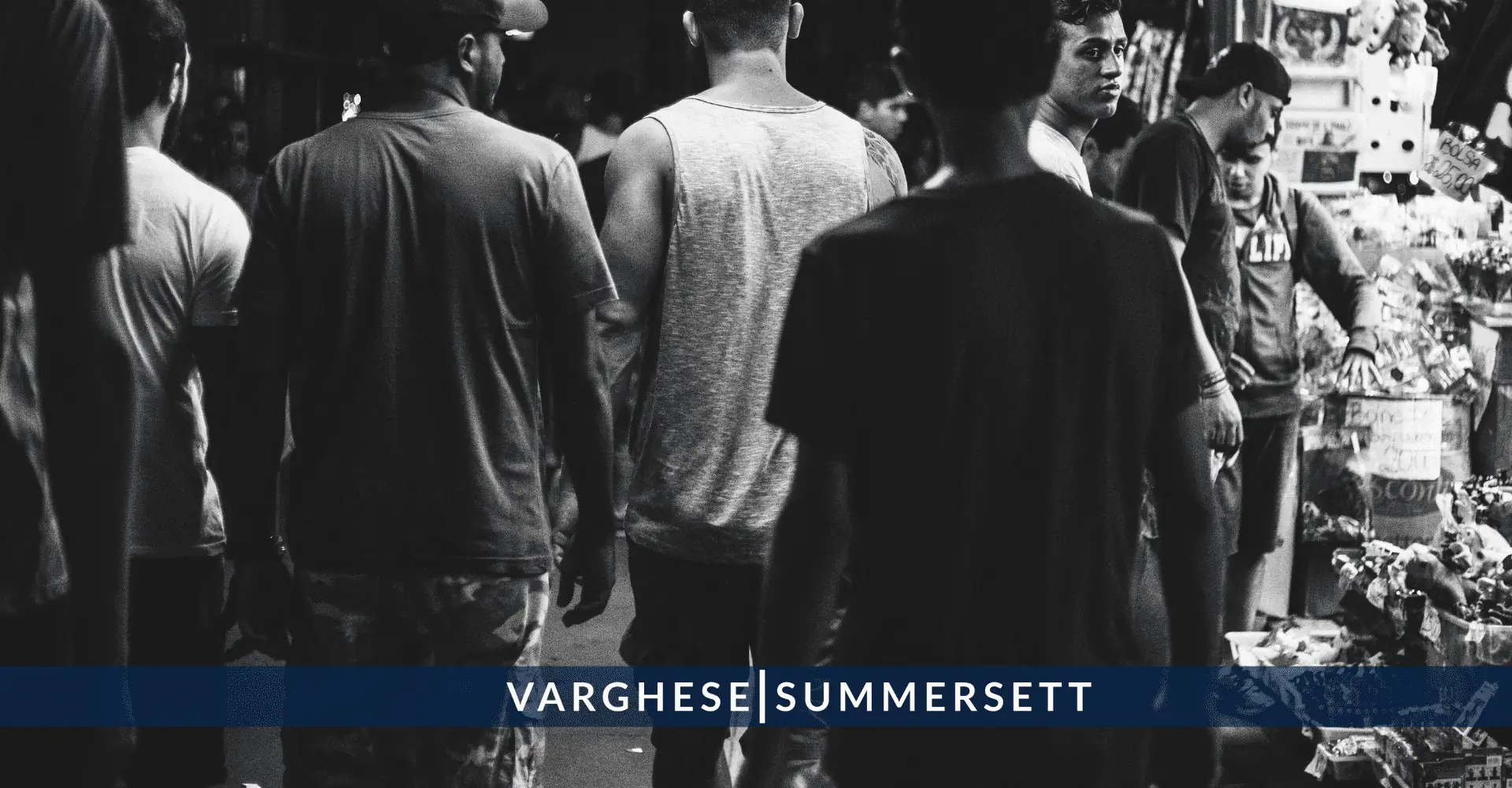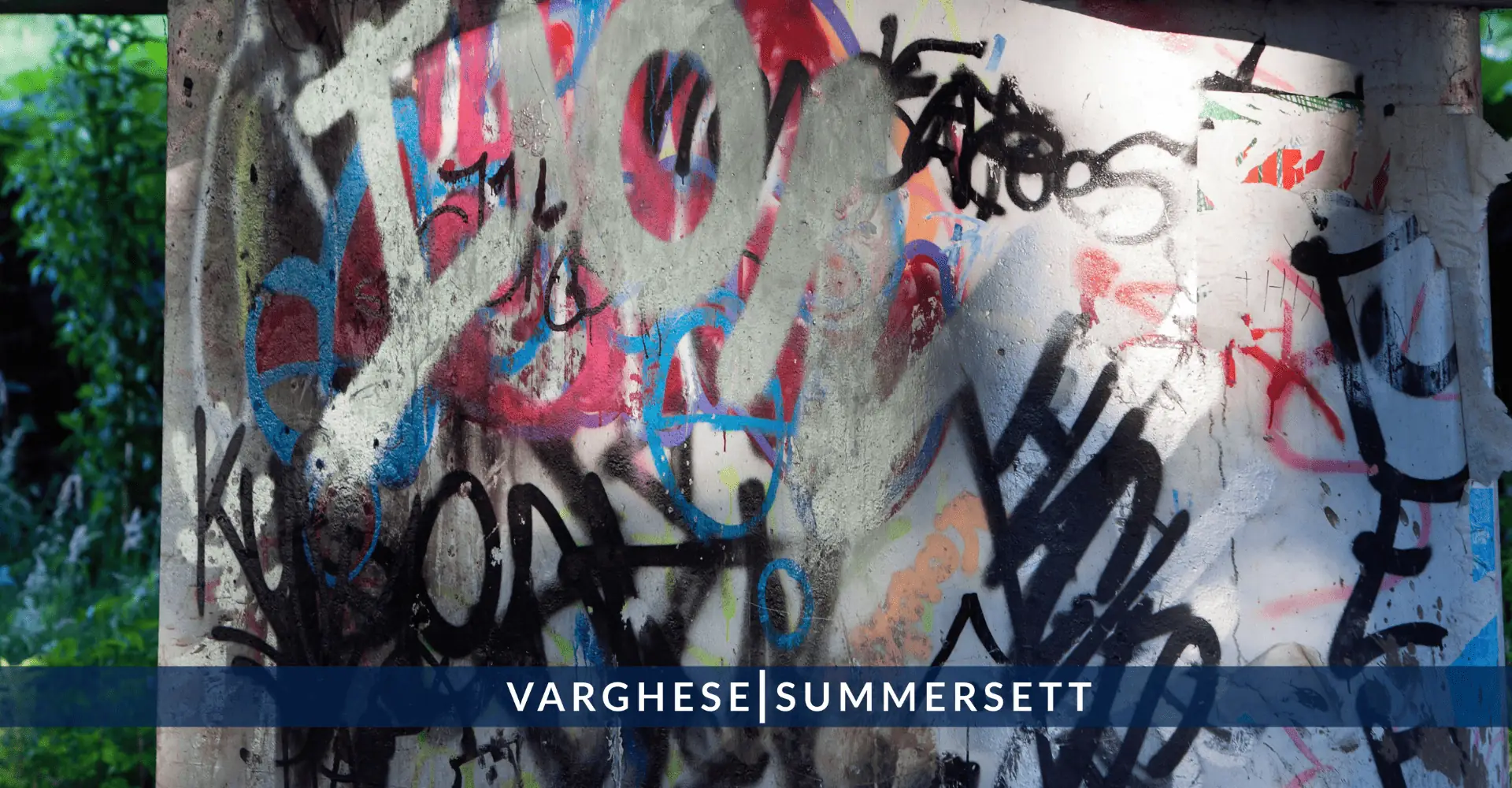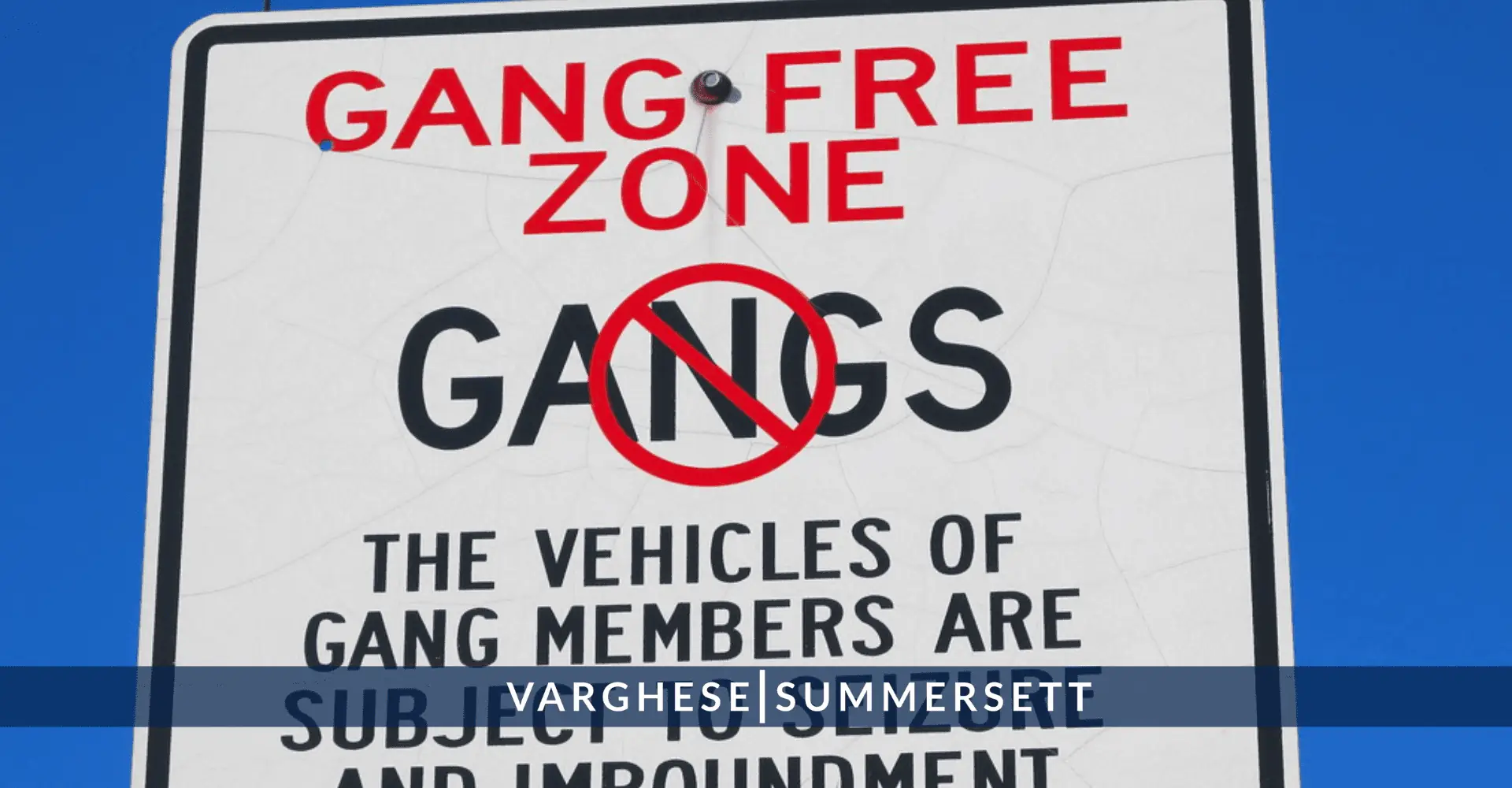Dallas Gang Lawyer And Organized Crime Defense
Dallas Gang Lawyer, Serving Dallas, and North Texas
Gang-related crimes are commonly prosecuted in North Texas as “engaging in organized crime.”
Criminal street gangs are often portrayed on television and film as an overwhelming societal scourge. Sometimes those fears are exaggerated.
But in the city of Dallas, officials say gangs have become a pervasive problem, with prosecutors claiming there are more than 9,000 documented gang members and more than 100 documented criminal street gangs in Dallas.
This has led to more aggressive investigations and prosecutions of all gang-related crimes in Dallas County. Dallas prosecutors take gang crimes extremely seriously and will work to seek a conviction and the maximum punishment.
Engaging in Organized Crime Defense
If you or a family member has been accused of gang crime, it’s imperative to contact an experienced Dallas gang lawyer as soon as possible. We have successfully defended dozens of gang cases in North Texas, and we will fight to obtain the most favorable outcome possible.
In this blog post, we will explain Texas’ gang laws, including possible penalties and defense strategies.

What is Considered a Gang in Texas?
When people think of a gang, they often think of a group of young people who dress in the same colors, hang out in a specific territory, and engage in criminal behavior. Texas law – specifically Texas Penal Code 71.01 – defines a criminal street gang as three or more people who have:
- a common identifying sign or symbol or;
- an identifiable leadership who continuously or regularly associate to commit crimes
Is it Legal to be in a Gang in Texas?
It is not against the law to be in a gang, but the Texas legislature has implemented laws aimed at deterring gang membership activities by enhancing the penalties for a criminal offense that is “gang-related.”
What Texas Laws are Used to Prosecute Gang Members?
In Texas, there are five laws that law enforcement use to arrest and prosecute alleged gang members, which can be found in Chapter 71 of the Texas Penal Code. Below we break down each offense and give their punishment ranges.
Section 71.02 “Engaging in Organized Criminal Activity (EOCA)”
In Texas, a person commits the offense of Engaging in Organized Criminal Activity (EOCA) if a member of a street gang conspires to commit crimes. Under Texas law, a person commits EOCA if they acted with intent to establish, maintain or participate in a street gang or the profits of a street gang and committed a crime specified in Texas Penal Code 71.02.
Common gang-related offenses include:
- Murder
- Assault
- Robbery
- Burglary
- Vandalism and Graffiti
- Weapons charges
- Kidnapping
- Drug crimes
- Theft

What is the effect of filing a case with an Engaging in Organized Crime enhancement?
The punishment for Engaging in Organized Criminal Activity is one degree higher than the underlying crime. For instance, if the underlying offense is a third-degree assault, the penalty for EOCA would be a second-degree felony. If the underlying offense is a first-degree felony, such as murder, the penalty ranges from 15 years to life in prison.
Section 71.021 “Violation of a Court Order Enjoining Organized Criminal Activity”
A “gang injunction” is a court order to keep gang members from associating with each other or frequenting certain locations. To obtain one, prosecutors must file a civil lawsuit against individuals believed to be gang members to obtain a “gang injunction.” The court can issue a permanent or temporary order prohibiting alleged gang members from associating with one another, frequenting certain locations, or engaging in certain activities if it finds they are a “public nuisance.” If the court order is violated, they can be arrested.
Violation of an EOCA court order is a Class A misdemeanor. If convicted, defendants could face up to a year in jail and $4,000 in fines.
Section 71.022 “Coercing, Inducing or Soliciting Membership in a Criminal Street Gang”
Aspiring gang members or new gang members are often required to commit crimes or engage in fighting – which is often referred to as “getting jumped into a gang.” In Texas, it’s against the law for a person to recruit another to join a criminal street gang and require them, as part of an initiation or membership, to commit a Class A misdemeanor or felony, under Texas Penal Code 71.022.
It’s also against the law to solicit a child under 17 to join a street gang with threats to the child or a family member with bodily injury or causing bodily injury to the child or a family member.
A first-time offense for soliciting membership in a criminal street gang is a third-degree felony. A conviction is punishable by two to 10 years in prison and up to a $10,000 fine. A second offense is a second-degree felony, punishable by up to 20 years in prison and a $10,000 fine.
Section 71.023 “Directing Activities of Certain Criminal Street Gangs”
Thriving criminal street gangs are organized and often have a specific hierarchical leadership. A leader of a gang who finances, directs, or supervises the commission of a felony by their members can be charged with directing activities under Penal Code Section 71.023. This first-degree felony is punishable by 25 years to life in prison.
Section 71.028 “Gang-Free Zones”
Texas law established “gang free zones” around specific locations, including schools, shopping malls, and day care centers, under Texas Penal Code 71.028.
Gang members could face harsher punishment if they are convicted of certain offenses at locations that are within 1,000 feet of any:
- Property used by a school, school board, or institution of higher education
- Public or private youth center areas
- Playground
Within 300 feet of any:
- Shopping mall
- Movie theater
- School bus or public pool

People aged 17 or older who engage in gang activity in a gang-free zone could face enhanced punishment. The penalties for these crimes are elevated to the next highest category of offense. For example, a third-degree felony committed in a gang-free zone becomes a second-degree felony.
Juveniles charged with gang-related crimes
Texas’ juvenile justice system will often look for harsher punishment beyond rehabilitation if it believes the charges are serious enough. Gang crimes may subject a juvenile to harsher penalties, including serving time in juvenile detention or juvenile prison, heavy fines, and community service.
Minors nearing 18 years of age who have been accused of committing a felony gang offense also may be subject to being tried as an adult. An experienced Dallas gang lawyer can help defend gang-related charges and ensure juveniles are treated justly.
Have your rights been violated during a gang-related investigation?
Law enforcement’s desire to curb gang-related crime often leads to law enforcement mistakes, some of which infringe on a defendant’s constitutional rights. This includes an unlawful arrest or unreasonable search and seizure.
An experienced Dallas gang lawyer should be able to identify any violation of proper procedure by law enforcement and use it to challenge the prosecution’s case.
What’s the first thing you should do if you are arrested for a Dallas gang Crime?
If you or a family member are arrested for an alleged gang crime in Dallas, it is essential to contact an experienced defense attorney who understands the complexities of Texas gang laws right away. An astute Dallas gang lawyer can determine whether you or a family member’s constitutional rights were violated by aggressive law enforcement officials. They can also build a defense to show that the evidence is insufficient to establish engaging in organized criminal activity. It’s imperative that you contact an Dallas gang lawyer as soon as possible so they can begin conducting their own investigation.
Charged with a Gang-Related Offense in Dallas? Speak to a Dallas Gang Lawyer Today.
Varghese Summersett has an experienced team of criminal defense attorneys equipped to help guide you or your child through all types of gang-related charges. Our team of former prosecutors includes an attorney who specialized in gang crimes for years. He now uses his knowledge and experience to vigorously defend our clients. Call us at 214-903-4000 for a free consultation today with an experienced Dallas gang lawyer.
